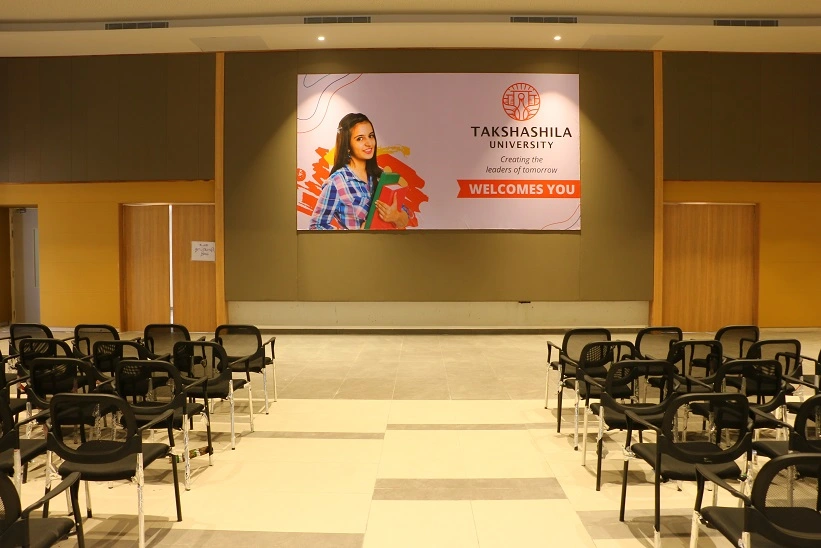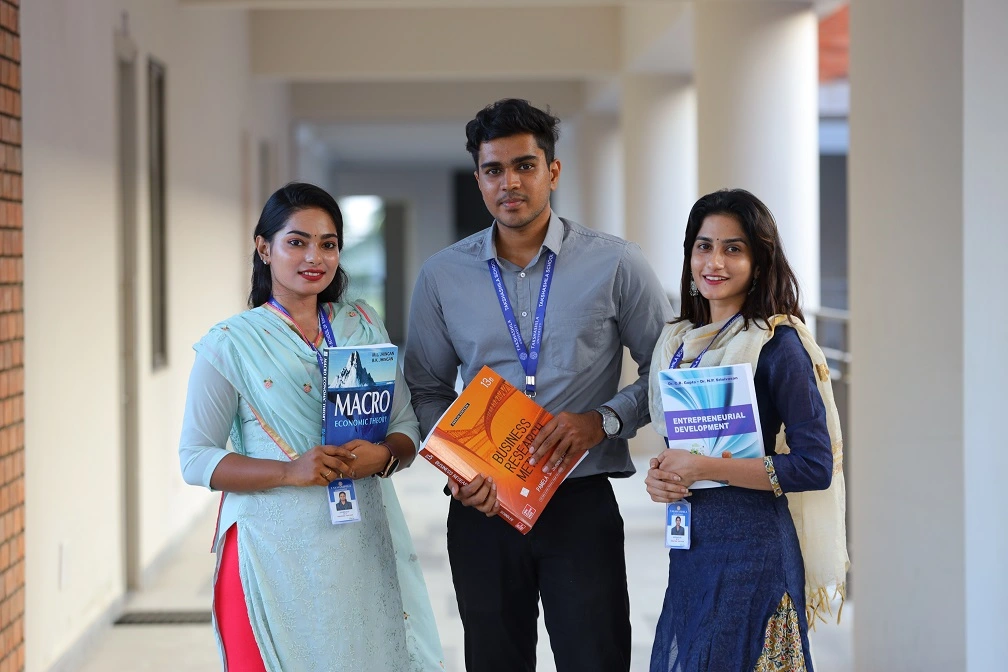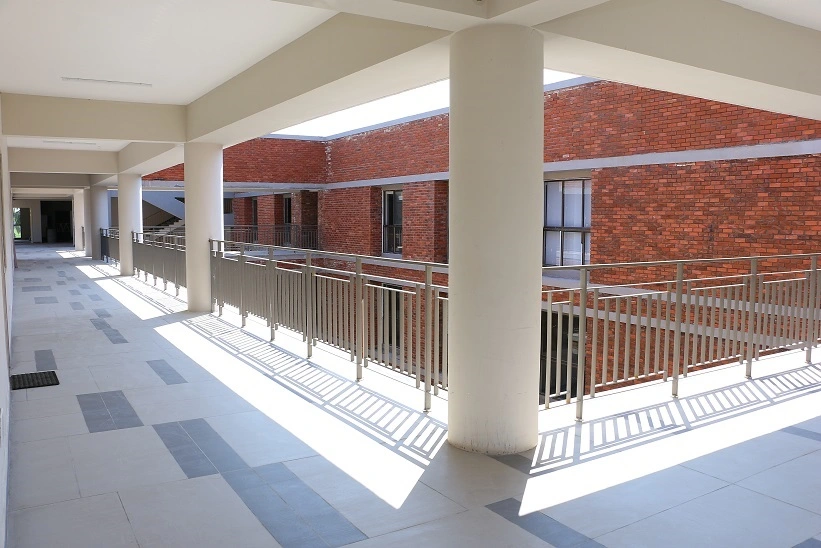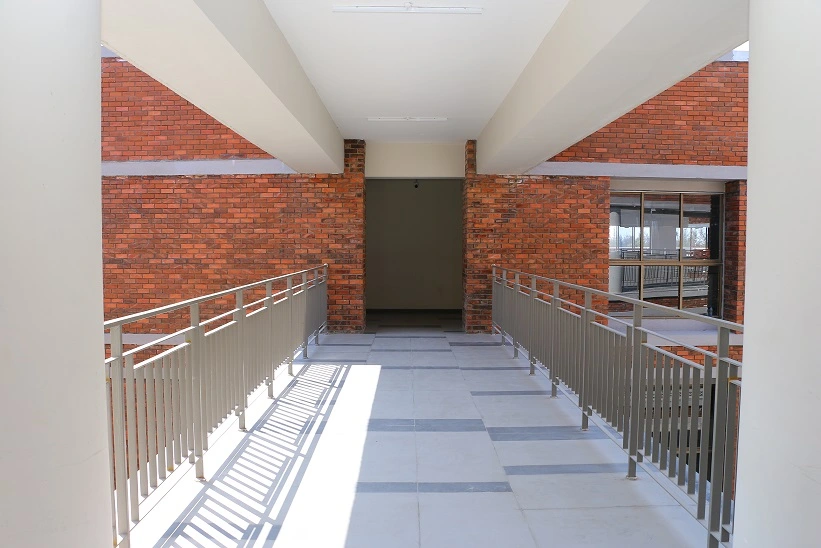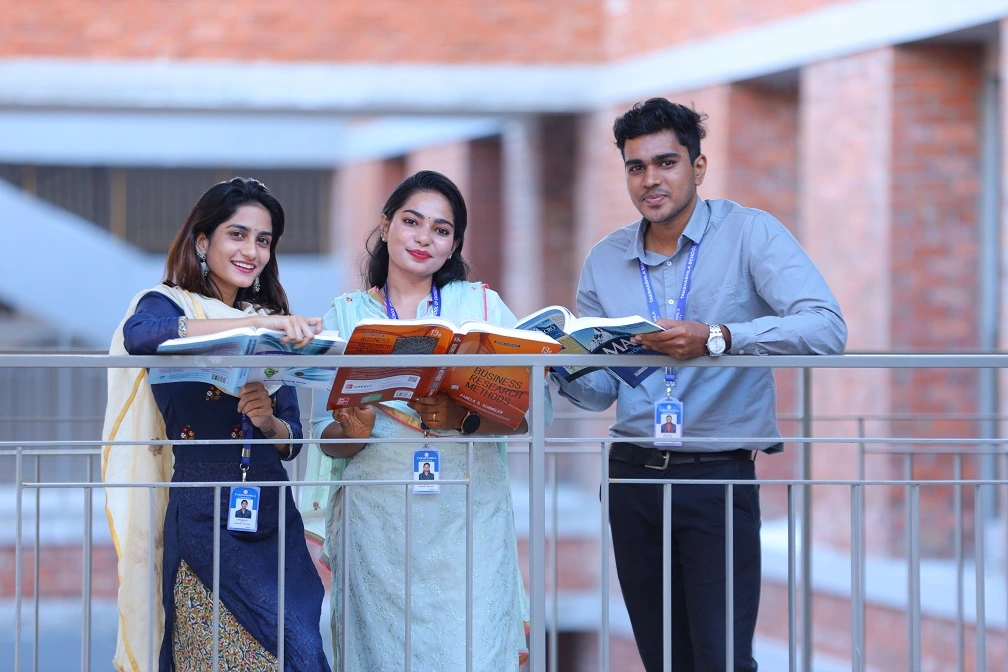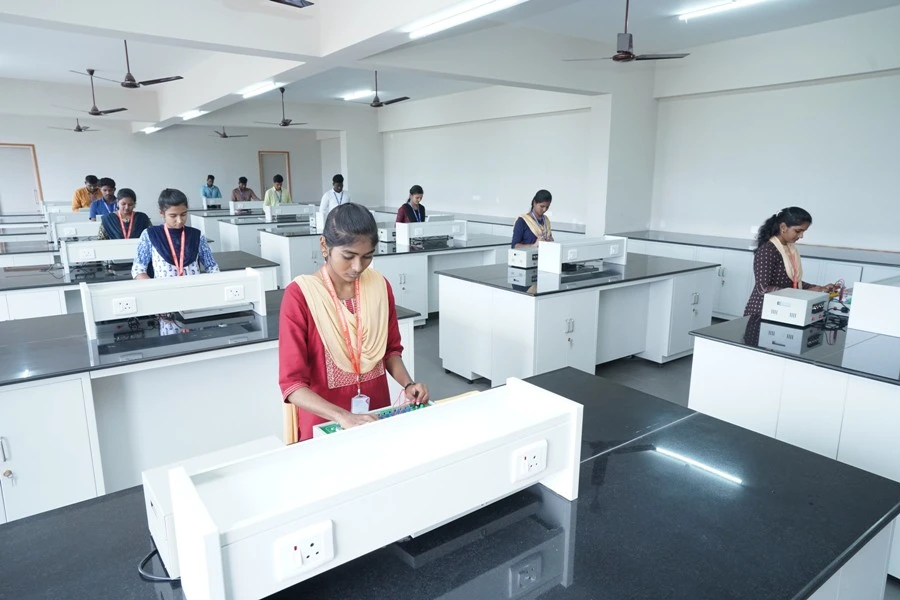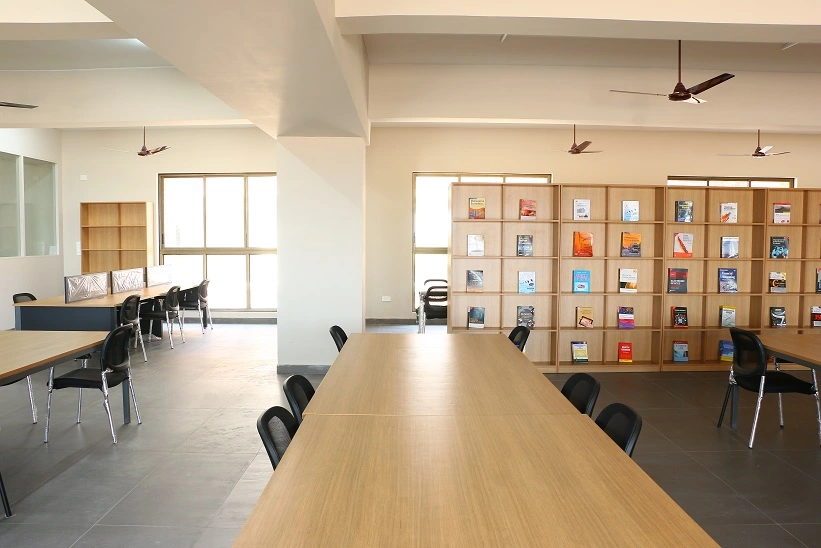B.Sc. Clinical Microbiology
- Hands-on Training
- Faculty with International Experience
- Advanced Curriculum
- Upto 100% Scholarship based on merit

About the Course
The B.Sc. in Clinical Microbiology is a three-year undergraduate programme designed to provide students with a comprehensive understanding of microorganisms, their role in human health, and their detection, treatment, and control. This course equips students with the theoretical knowledge and practical lab skills needed to identify disease-causing microbes and study their interactions with the human body. With a state-of-the-art clinical lab operating 24/7, students gain real-time exposure to diagnostic procedures and infectious disease management.
Course Curriculum

Year 1
Focuses on foundational concepts in microbiology and biology, introducing students to basic laboratory techniques, cell biology, and microbial physiology.
Key Subjects: Introduction to Microbiology, Cell Biology, General Biochemistry, Basic Laboratory Techniques, Microbial Physiology, Environmental Microbiology.
Year 2
Covers core areas of clinical microbiology, including immunology, medical bacteriology, and parasitology. Students also begin developing diagnostic skills.
Key Subjects: Medical Bacteriology, Medical Parasitology, Immunology, Diagnostic Microbiology, Virology, Instrumentation & Quality Control.
Year 3
Emphasises applied microbiology, molecular diagnostics, infection control, and a mandatory project or internship in a clinical lab setting.
Key Subjects: Medical Mycology, Molecular Biology, Clinical Biochemistry, Infection Control Practices, Research Project/Internship.
Programme Outcomes (POEs)
By the end of the B.Sc. Clinical Microbiology programme, students will gain the following competencies:
Fundamental Microbial Knowledge
Understand microbial structure, classification, and their roles in health and disease.
Diagnostic Laboratory Skills
Hands-on training in culturing, staining, identifying, and analyzing microorganisms using modern techniques.
Clinical Relevance Awareness
Recognise the clinical importance of microbes and the methods to diagnose, prevent, and control infectious diseases.
Critical Thinking and Observation
Analyze laboratory findings, correlate symptoms with pathogens, and apply microbiological reasoning in diagnostics.
Effective Communication
Document and report laboratory results clearly, and communicate effectively with healthcare professionals.
Team Collaboration
Work in multidisciplinary healthcare and research teams, fostering collaboration and responsibility.
Programme Specific Outcomes (PSOs)
The B.Sc. in Clinical Microbiology aims to achieve the following broader learning outcomes:
PO1: Foundational Understanding of Microorganisms
Gain theoretical and practical knowledge of bacteria, viruses, fungi, and parasites.
PO2: Research & Diagnostic Aptitude
Develop early-stage research and diagnostic skills suitable for clinical and industrial labs.
PO3: Analytical & Problem-Solving Skills
Use scientific methods to detect, interpret, and report microbial presence and behaviour.
PO4: Technical Proficiency in Clinical Labs
Become skilled in techniques such as culture, ELISA, immunofluorescence, and serology.
PO5: Scientific & Ethical Conduct
Learn the ethics of working in medical labs and ensure biosafety compliance in diagnostic settings.
PO6: Readiness for Advanced Studies or Employment
Build a solid foundation for careers in healthcare, diagnostics, or higher education in biosciences.
Career Scope
Graduates of the B.Sc. in Clinical Microbiology program can pursue diverse roles in diagnostic laboratories, hospitals, research centres, pharmaceutical firms, and public health departments.
Clinical Microbiologist (Entry-Level)
- Role: Assist in identifying pathogens in patient samples and ensure lab quality control.
- Salary Range: ₹3,00,000 to ₹5,00,000 per annum.
Lab Technician – Microbiology
- Role: Perform lab tests including staining, culturing, and microbial sensitivity analysis.
- Salary Range: ₹2,50,000 to ₹4,50,000 per annum.
Biomedical Research Assistant
- Role: Support ongoing microbiological studies and contribute to data collection and analysis.
- Salary Range: ₹3,00,000 to ₹6,00,000 per annum.
Healthcare Quality Control Officer
- Role: Monitor infection control practices and microbial contamination in healthcare settings.
- Salary Range: ₹3,00,000 to ₹6,00,000 per annum.
Public Health Laboratory Technician
- Role: Assist with disease surveillance and community health screening programs.
- Salary Range: ₹2,50,000 to ₹5,00,000 per annum.
Why TAKSHASHILA?

24/7 Clinical Microbiology Lab Access
One of the few universities offering continuous lab operation for hands-on diagnostics.
Experienced Faculty
Learn from passionate microbiologists and public health professionals with real-world experience.
Advanced Diagnostic Tools
Training in IFA, blot assay, Hepatitis B markers, IgE testing, and more.
Infectious Disease Focus
Curriculum aligned with current global and community health challenges.
Integrated Museum & Research Culture
Enhance your learning through real specimens and guided exposure to microbial history.

- Academic Qualification: 10+2 pass with Physics, Chemistry, and Biology as core subjects.
- Minimum Marks: Minimum 50% aggregate in the qualifying examination.
- Interviews: Admission may involve merit screening or a personal interview.

Academic Scholarship
S.No | Percentage of marks | Scholarship Amount per year (Rs) |
1 | 60% – 69% | ₹10,000 |
2 | 70% – 79% | ₹15,000 |
3 | 80% – 89% | ₹25,000 |
4 | 90% and above | ₹35,000 |
Sports Scholarship
S.No | Participation Level | Concession in Tuition Fee (%) |
1 | District | 25% |
2 | State | 50% |
3 | National | 75% |
4 | International | 100% |
Life at Takshashila University / Experience Beyond the Classroom at Takshashila University
The B.Sc. Clinical Microbiology programme offers a vibrant and experiential learning environment for aspiring life science professionals.
What you can look forward to

Real-Time Learning in 24/7 Labs
Work with actual clinical samples and understand real-world microbial detection.

Interactive Teaching Methods
Participate in discussions, group activities, and presentations for deeper understanding.
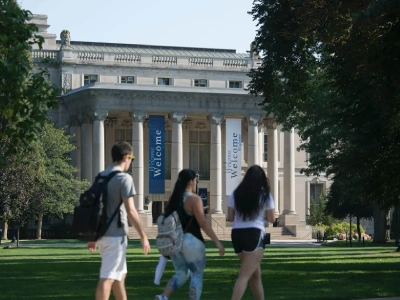
Career Readiness
Prepare for immediate job roles or pursue M.Sc. and research programs in allied biosciences.

Microbiology Museum Access
Explore preserved specimens and documented case studies to enhance classroom learning.
Spread over 150 acres
At Takshashila University, you will have ample opportunities to hone your skills in real-world healthcare settings, utilising state-of-the-art medical facilities and simulation labs on our 150-acre campus.
Ready to explore the microscopic world and fight infectious diseases?
Frequently Asked Questions (FAQs)
What is the duration of the B.Sc. Clinical Microbiology course?
It’s a 3-year undergraduate programme divided into six semesters.
What are the eligibility criteria?
You must have completed 10+2 with Biology and scored at least 50% marks.
Is an entrance exam required?
Admissions are typically based on merit or an interview round.
What career support does Takshashila University provide?
We offer dedicated placement support, internships, and career mentoring for all bioscience graduates.

